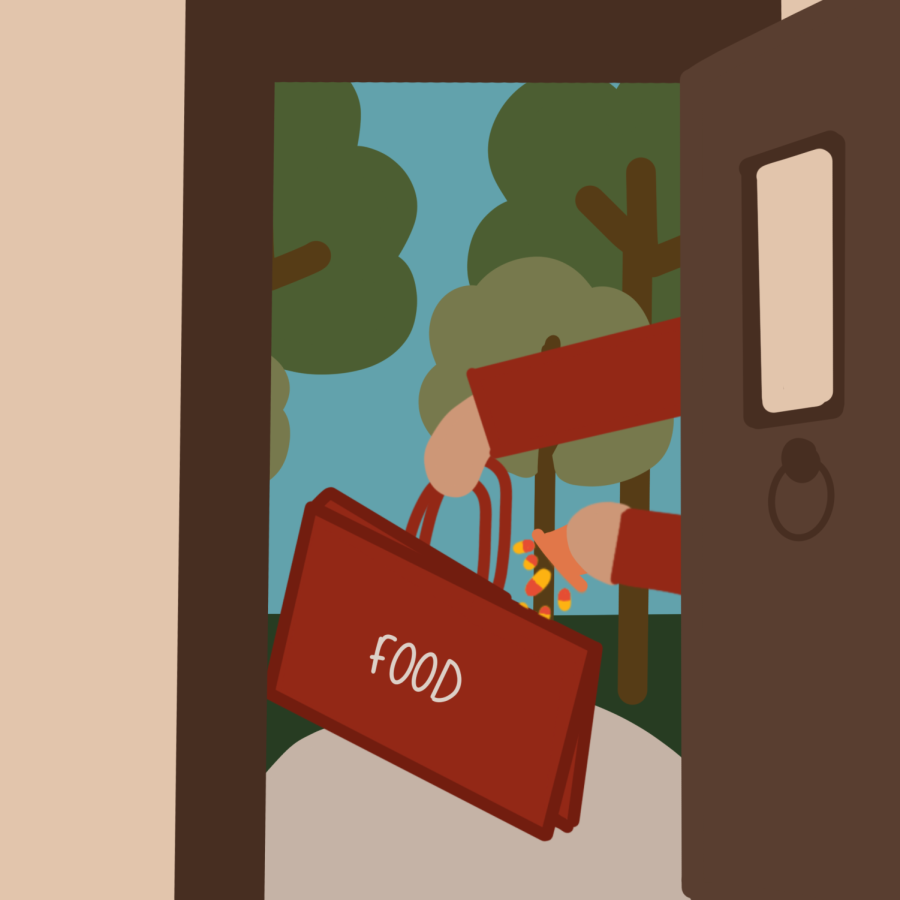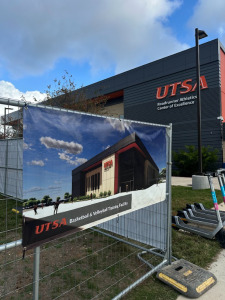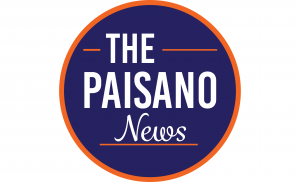The risk of food delivery services
October 4, 2022
Food delivery apps and services have been relevant for more than 10 years and, well, of course they are. When stuck at home because of obligations like a party, a study session or maybe because of a worldwide pandemic, having food delivered straight to your door is a simple luxury anyone would want to take part in. Even before apps like Uber Eats, Grubhub and DoorDash dominated the market for food delivery service, ordering from a pizza shop or Chinese restaurant was something people did not think twice about. If something went wrong, the customer could easily send the food back or report the restaurant, but now the culture has shifted. With the use of these apps, people unaffiliated with these restaurants are handling food without any oversight. Blindly trusting a delivery driver can be extremely dangerous. No matter how many precautions an app can set up, customers are still putting their food into the hands of a stranger for minutes at a time.
When googling these applications, most people surprisingly regard these services as safe and trustworthy. DoorDash specifically has background checks, special bags to keep the food hot and even features on the app where someone could call emergency services if something goes wrong. But that might not be enough to ensure the safety of oneself and their food. One of the biggest problems noted was tampering and consuming food. DoorDash has posted on their website guidelines saying that DoorDashers should not “open food containers or tamper with the order in any way.” Similar things are posted on the Uber Eats and GrubHub websites. An investigation done by CBS shows that drivers help themselves to food all the time; one driver was caught eating fries out of a take-out bag and “wiping his fingers on his legs and then appears to lick them clean in his mouth.” A later survey came out saying that nearly one out of four drivers admit to eating a customer’s food after being “tempted by the smell.” Not only is this concerning regarding missing food items but, what if the driver decides that consuming the food is not enough? Food can be just as easily drugged or contaminated with something that could make someone extremely sick or kill them. Customers are constantly put in a vulnerable place where they are expected to put complete trust in these drivers when they should really be on high alert. While the average delivery may go smoothly, allowing unmonitored strangers to handle food still leaves a lot of room for a possibly life-threatening encounter.
Another thing that can be found on the DoorDash website is a button to sign up as a driver, which presents a three-step process, including a background check. Afterward, a short video is shown to the driver as a general orientation where guidelines and rules are outlined. That is it. Some speculate that even if someone signs up with a background check, people can pass off the account to another person, and if the photo or name section on the account is optional — like DoorDash, GoPuff and Postmates — then there is no way for the customer to know if their dasher is the person that was deemed trustworthy by the “impenetrable” three-step process.
Through every feature of these delivery service apps, there seems to be nothing protecting anyone’s food from restaurant to door. This means customers are expected to hold drivers accountable and are given the resources to do so. Drivers can be reported for car accidents, unsafe driving, verbal or physical altercations or inappropriate physical contact. They even provide a hotline for customers to call if anything is missing or tampered with. This emphasizes the importance that when getting an order, you probably should not take it how it comes.
Trusting a delivery service provider is something people should go about with caution just like any other food service place. Using good judgment when receiving your order by making sure your bag is sealed upon receiving, using contactless delivery to avoid interactions — especially at night — and utilizing the app’s emergency reporting services can keep you from wasting your money or getting sick from food that’s been dug into.







